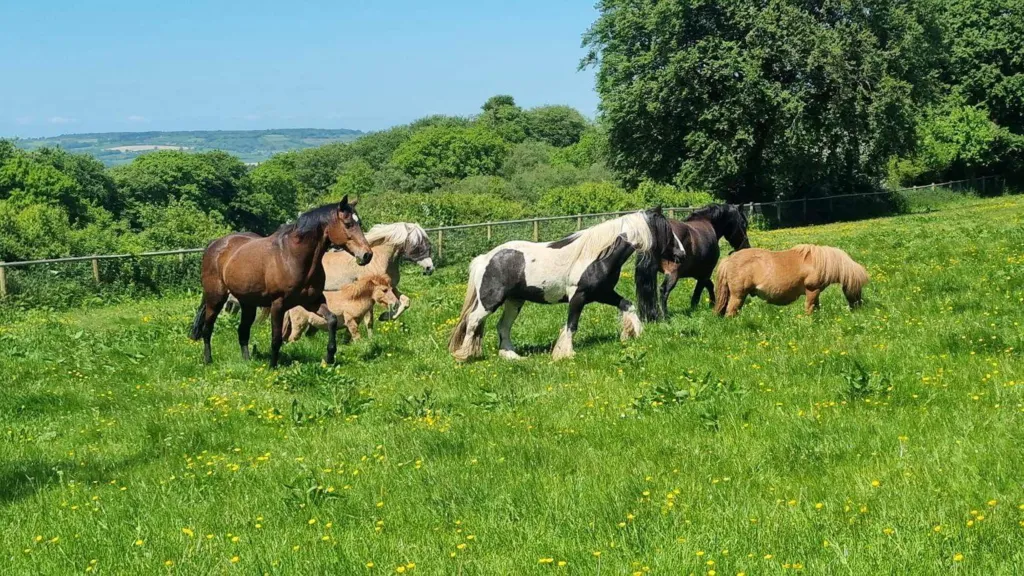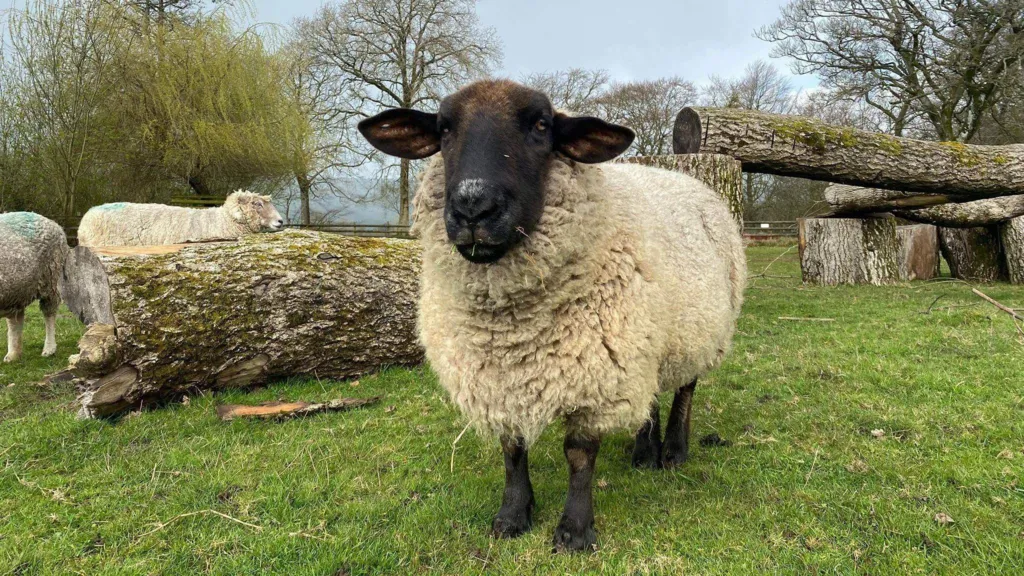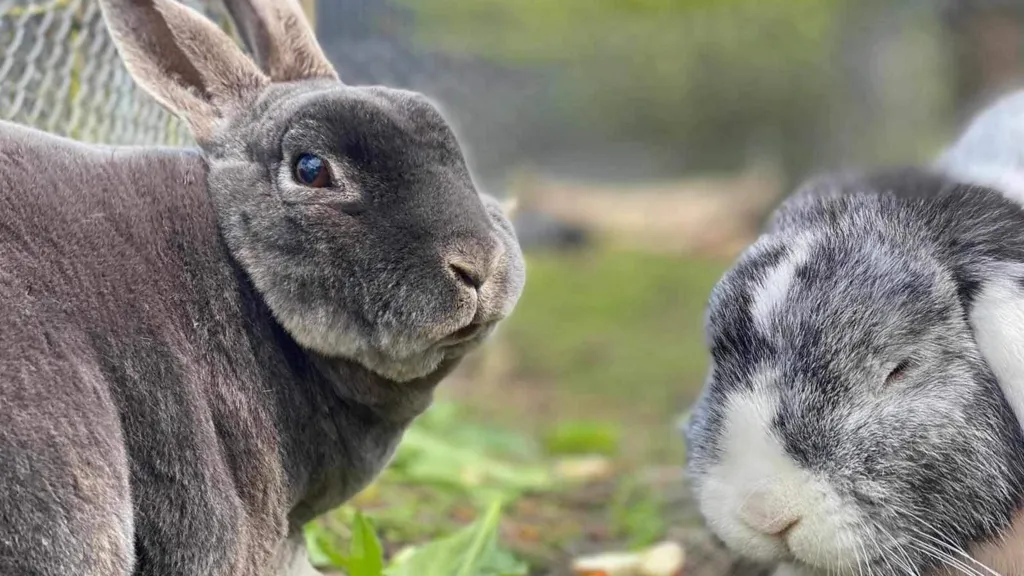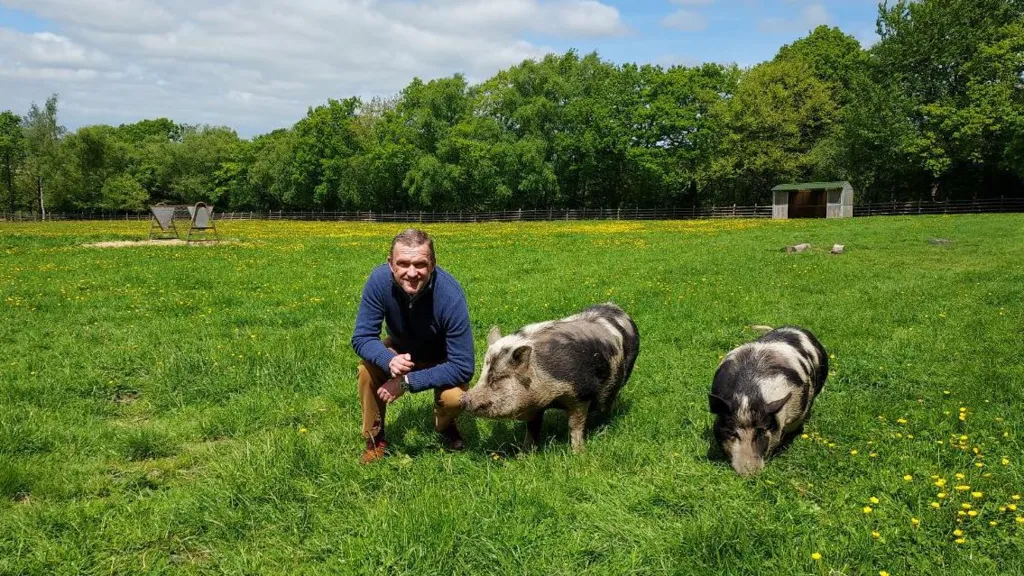The CEO of Ferne Animal Sanctuary, Kevan Hodges, is undertaking the “difficult challenge” of sleeping rough for a week to raise funds critical for the survival of the sanctuary. Located in Chard, Somerset, Ferne Animal Sanctuary has been rescuing, rehabilitating, and rehoming animals since its founding in 1939, aiding around 40,000 animals to date.

Hodges highlights that the sanctuary has faced “unprecedented financial pressures” recently and is in dire need of fresh donations to continue its mission. From June 19 to 25, he will camp near seven of the sanctuary’s charity shops, including those in Sidmouth, Honiton, and Dorchester.

“Anyone who knows me understands this is a huge challenge, as I do enjoy my creature comforts,” Hodges said. “We’ve had several incidents this year where animals were abandoned in taped-up boxes, left in isolated places or on the sides of main roads, completely soaked. My challenge is not meant to mimic their plight exactly since I have a tent and a sleeping bag, but it’s meant to shed light on their helplessness. These animals are unwanted, utterly defenseless, and, at that moment, friendless. My week of camping aims to highlight their plight.”
Hodges hopes this fundraiser will pull the sanctuary back from a financial cliff edge. “Vet and medical bills have surged over 60% each year in the past 12 months,” he said. “Our overall costs, including food, bedding, utilities, and labor, have increased by 50% year-on-year. We’re talking hundreds of thousands of pounds, which can quickly become unsustainable for a small charity.”

Ferne Animal Sanctuary is one of the UK’s oldest animal charities. It began on the Ferne Estate on the Wiltshire-Dorset border at the onset of World War II. Concerned that many animals would be left ownerless or displaced due to the war, estate owner Lady Nina initiated a BBC broadcast in August 1939, requesting free animal accommodation.
The sanctuary became a registered charity in 1965 and moved to Somerset a decade later. “It’s a unique charity that must survive,” said Hodges. “If we can raise awareness, manage our costs, and create new income streams, there’s hope for us to persevere for another 85 years.”
